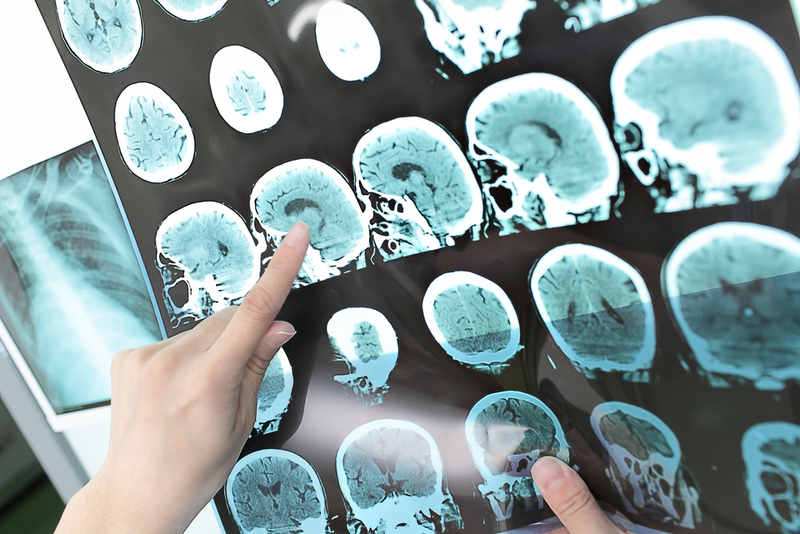Drugs show promise in stroke, dementia prevention
IANS Apr 26, 2019
Two drugs, in use for treating heart disease and angina, have shown promise in an early trial in preventing stroke and dementia caused by damage to small blood vessels in the brain.

The drugs -- cilostazol and isosorbide mononitrate -- were tested in a group of patients in Britain. The results published in the journal EclinicalMedicine showed that patients tolerated the drugs, with no serious side-effects, even when they were given in full doses or in combination with other medicines.
"The results of this trial show promise for treating a common cause of stroke and the most common cause of vascular dementia, since currently there are no effective treatments. Further trials are underway," said lead researcher Joanna Wardlaw, Professor at University of Edinburgh in Britain.
Damage to small blood vessels in brain is responsible for around a quarter of strokes. It is also a common cause of memory problems and dementia. At present, the only way to reduce risk of the disease is by controlling blood pressure and cholesterol, stopping smoking and managing symptoms of diabetes.
For the study, researchers recruited 57 patients who had experienced stroke caused by damaged small blood vessels, known as a lacunar stroke. They took the two medicines either individually or in combination for up to nine weeks, in addition to usual treatments aimed at preventing further strokes.
They completed health questionnaires and had regular blood pressure checks, blood tests and brain scans. The findings suggest the drugs are safe for use in stroke patients, taken alone or in combination, at least in the short term. There were also signs that the treatment helped improve blood vessel function in the arms and brain, and may improve thinking skills, but researchers stressed further studies to test this.
Experts believe the findings pave the way for larger studies to check if the treatment can prevent brain damage and reduce risk of stroke and vascular dementia. A larger study, called LACI-2, is underway, said a statement from University of Edinburgh.
-
Exclusive Write-ups & Webinars by KOLs
-
Daily Quiz by specialty
-
Paid Market Research Surveys
-
Case discussions, News & Journals' summaries